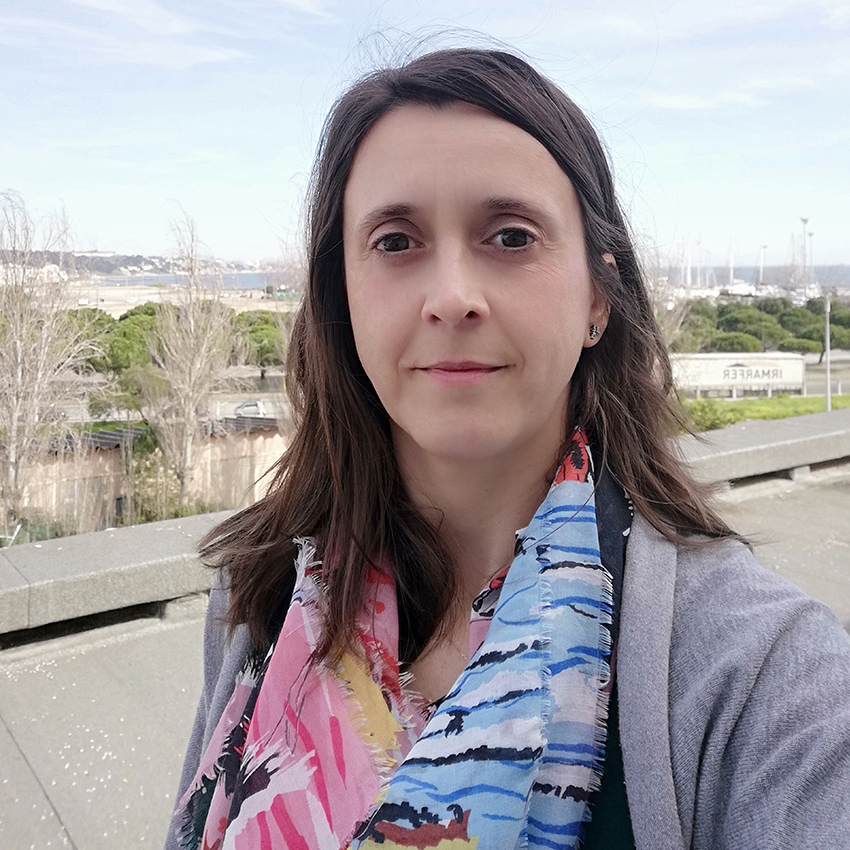Rita Vasconcelos

Dr. Rita P. Vasconcelos is currently an Assistant Researcher at IPMA – Instituto Português do Mar e da Atmosfera (Lisboa, Portugal). After completing her PhD in Marine Biology in 2009, she was a postdoctoral researcher and then an Assistant Researcher at FCUL -Faculdade de Ciências da Universidade de Lisboa- where she was also involved in teaching. In 2017 she made a major career change from a more academic environment to a more applied and management-linked research context at IPMA.
Dr.Vasconcelos’ early research focused on estuarine and coastal ecosystems linkages specifically habitat use of fish populations and communities, and population connectivity at a local scale. Her research developed to encompass wider geographical and temporal scales in order to include the entire species’ ranges and exploring large-scale and long-term patterns (natural and anthropogenic) and drivers of these populations and communities. Moreover, she started exploring the multiple dimensions of biodiversity (not only taxonomic, but also functional and phylogenetic) and marine ecological networks, as well as the links between aquatic communities and ecosystem functioning and services, coupled with new (non-invasive) methodologies for sampling marine communities. More recently, prompted by her move to IPMA, Dr. Vasconcelos is heavily involved in the data collection framework that produces scientific advice which forms the basis for management of fisheries resources. In this context she is chiefly working on the design of the sampling program for fisheries dependent data and on long-term temporal changes in biodiversity of communities.
Dr. Vasconcelos is involved in several international research projects and expert groups (e.g. RCG - Regional Coordination Groups, ICES WGCATCH - Working Group on Commercial Catches, and ICES COMEDA - Working Group on Comparative Ecosystem-based Analyses of Atlantic and Mediterranean marine systems).

